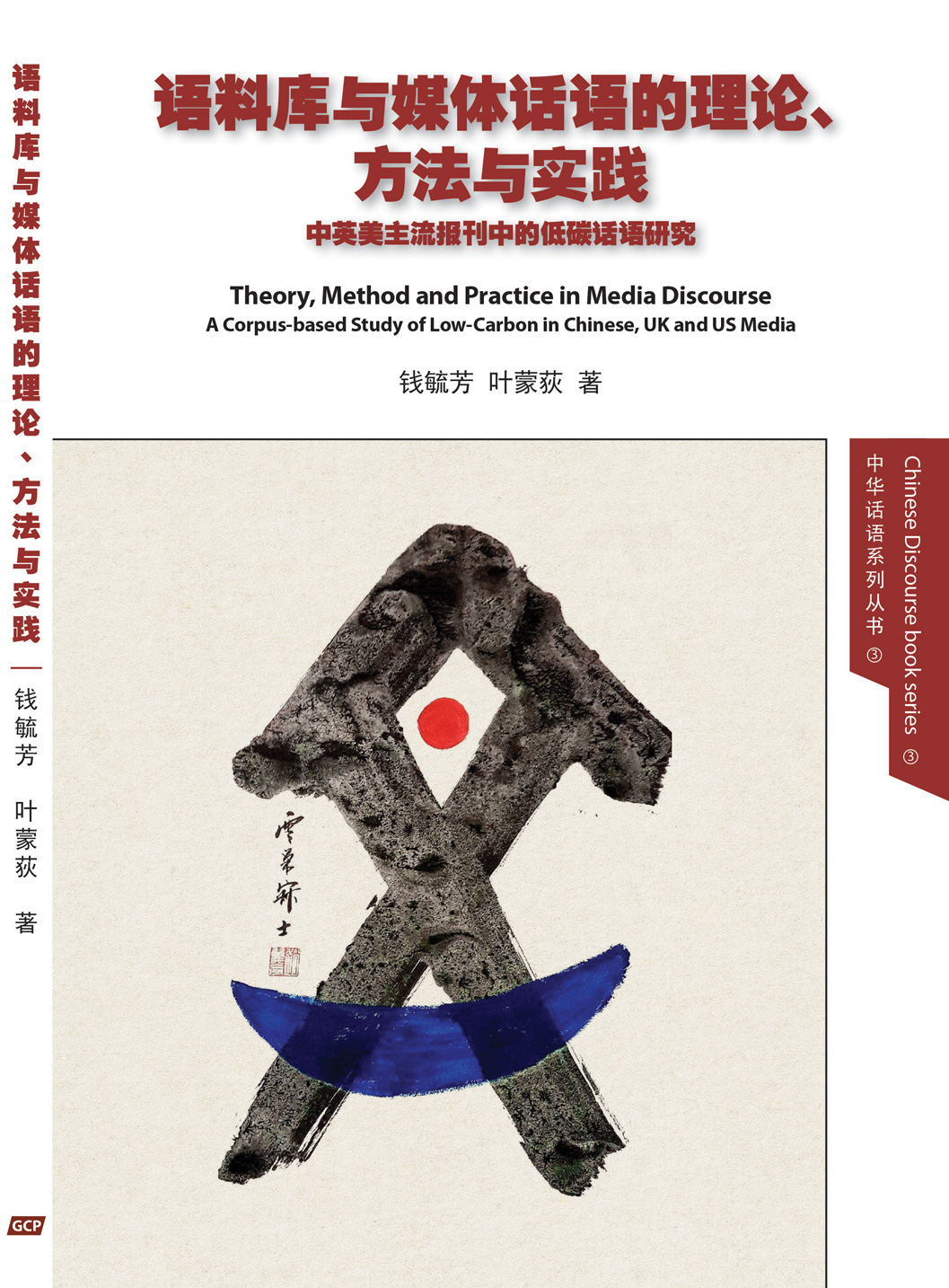本研究进行了基于语料库的比较批评话语分析来探究 2000—2014 年《人民日报》和英美主流报刊如何建构关于低碳的话语,同时探究这些话语如何反映不同的社会现实。本章将从研究发现、研究反思、未来展望等几个方面对本研究进行总结。
低碳经济在全球应对气候变化的大背景下应运而生,在 10 多年的发展历程中,掺杂着政治、道德、科技、经济等多方面因素,它比以往的任何国家争端更加激烈和复杂,牵涉到许多国家。中国以一个发展中大国的身份,随着经济的发展,承担了更多的社会责任。从《京都议定书》到《联合国气候变化框架》中国都能团结发展中国家维护两个协定书。气候变化是自然界在人类史上的第一个全球事件,也有充分的理由相信目前已到了危急关头,必须凝聚全球共识、采取协调行动去一致应对,才有望成功。但任何全球协同都是国际政治命题的国家战略平衡,处于不同发展水平的国家、政党和产业集团,在政界、学界和商界的各个领域,利益角逐和博弈无处不在(熊焰,2010)。
因此,在决定世界对这一日益重要问题的反应,媒体扮演一个重要角色。比方说,假如更多报纸对低碳经济表示支持,那么这是否影响到选民的意见,使美国政府(和支持美国的国家)要么改变其政策要么可能在选举中落选?走低碳之路达成全球的共识,中国应当以大国领袖的姿态同时作为一个批评者和建设者,并借助西方人熟悉的话语,主张建设一个更为公平合理的、有助于人类共同问题的国际秩序。在这个过程中,中国的国家利益和国家发展战略必须能够被涵盖在这些话语之下,并对这些话语形成重构(勾红洋,2010:235)。
本研究产生了许多潜在研究方法,这些方法不限于对低碳经济的话语建构。它们还可以用来研究政治、经济、社会学、宗教学、文化研究、人种学以及新闻学。因此我们希望本研究抛砖引玉,在这一领域上激发进一步研究的兴趣。
This research carried out a comparative critical discourse analysis based on corpora to explore how the “People’s Daily” and mainstream newspapers in the UK and the US constructed discourses on low-carbon from 2000-2014, and to delve into how these discourses reflect different societal realities. This chapter will summarize the research from perspectives including research findings, reflections on the study, and future prospects.
The low-carbon economy emerged in the context of global efforts to address climate change. Over its decade-long development, it has intertwined with political, moral, technological, and economic factors, making it more intense and complex than any previous national disputes and involving many countries. As a major developing nation, China has taken on more social responsibilities with its economic growth. From the “Kyoto Protocol” to the “United Nations Framework on Climate Change,” China has united developing countries to uphold both agreements. Climate change is the first global event in human history, and there’s ample reason to believe that we’ve reached a critical juncture. Only by achieving global consensus and coordinated action can we hope for success. Yet, any global collaboration is a balance of national strategies in international politics. Among countries, political parties, and industrial groups at different developmental stages, there’s pervasive competition and strategizing in political, academic, and commercial sectors (Xiong Yan, 2010).
Therefore, the media plays a vital role in determining the world’s response to this increasingly critical issue. For instance, if more newspapers support a low-carbon economy, would it influence voters’ opinions, causing the US government (and its allies) to either change its policies or risk losing in elections? While aiming for a global consensus on the low-carbon path, China should stand as a leader of major countries and act as both a critic and a builder. Leveraging discourses familiar to the West, China should advocate for a more equitable and reasonable international order conducive to addressing shared human challenges. Throughout this process, China’s national interests and development strategies must be encompassed within these discourses and play a role in reshaping them (Gou Hongyang, 2010:235).
This research has generated many potential research methodologies, not limited to the construction of discourses on the low-carbon economy. They can also be applied to studies in politics, economics, sociology, theology, cultural studies, anthropology, and journalism. Thus, we hope this research paves the way, sparking further interest in this field.



